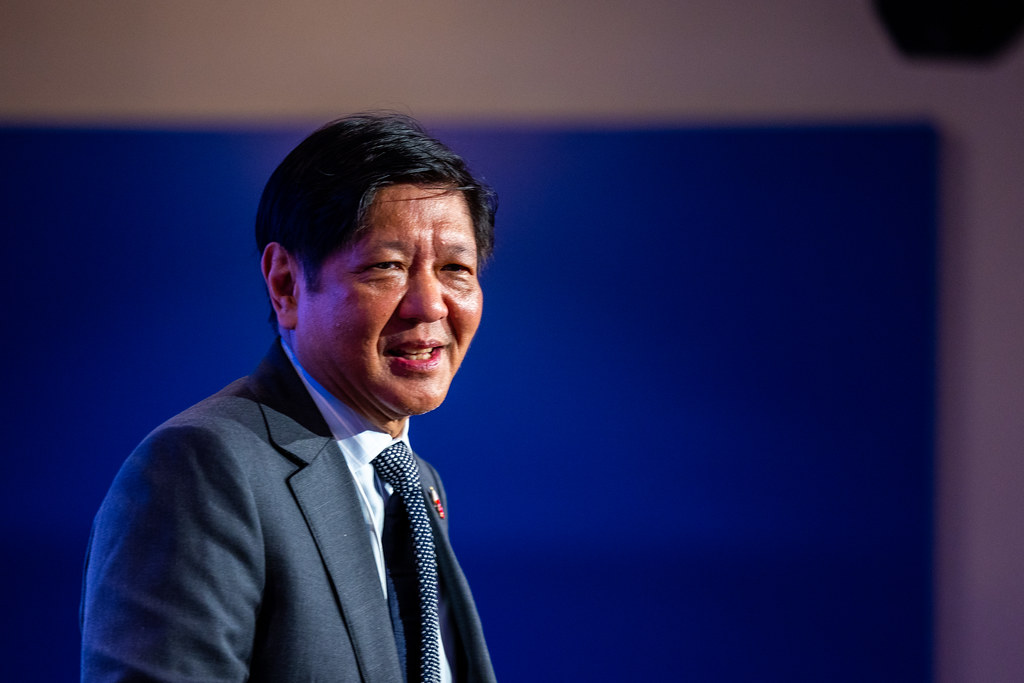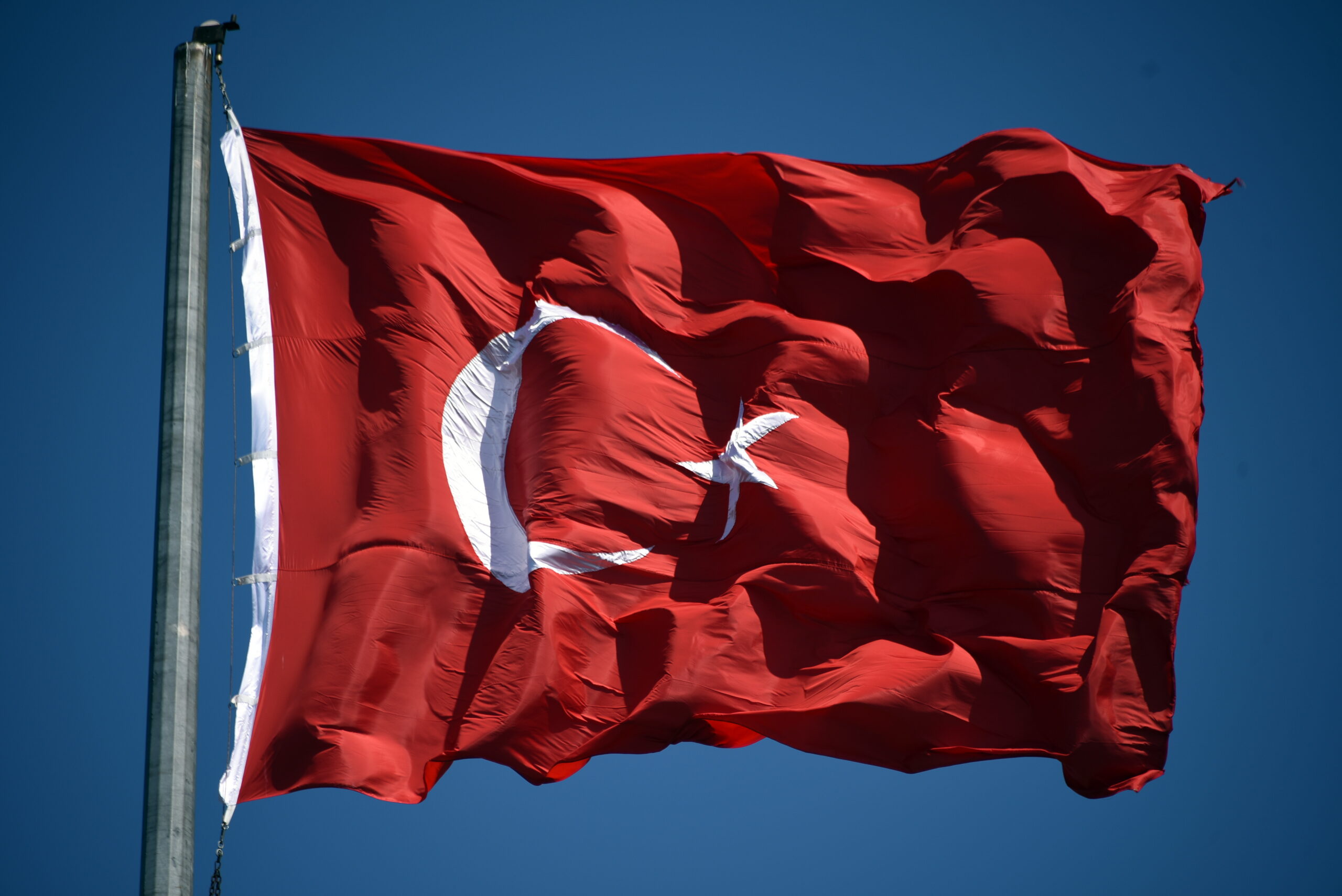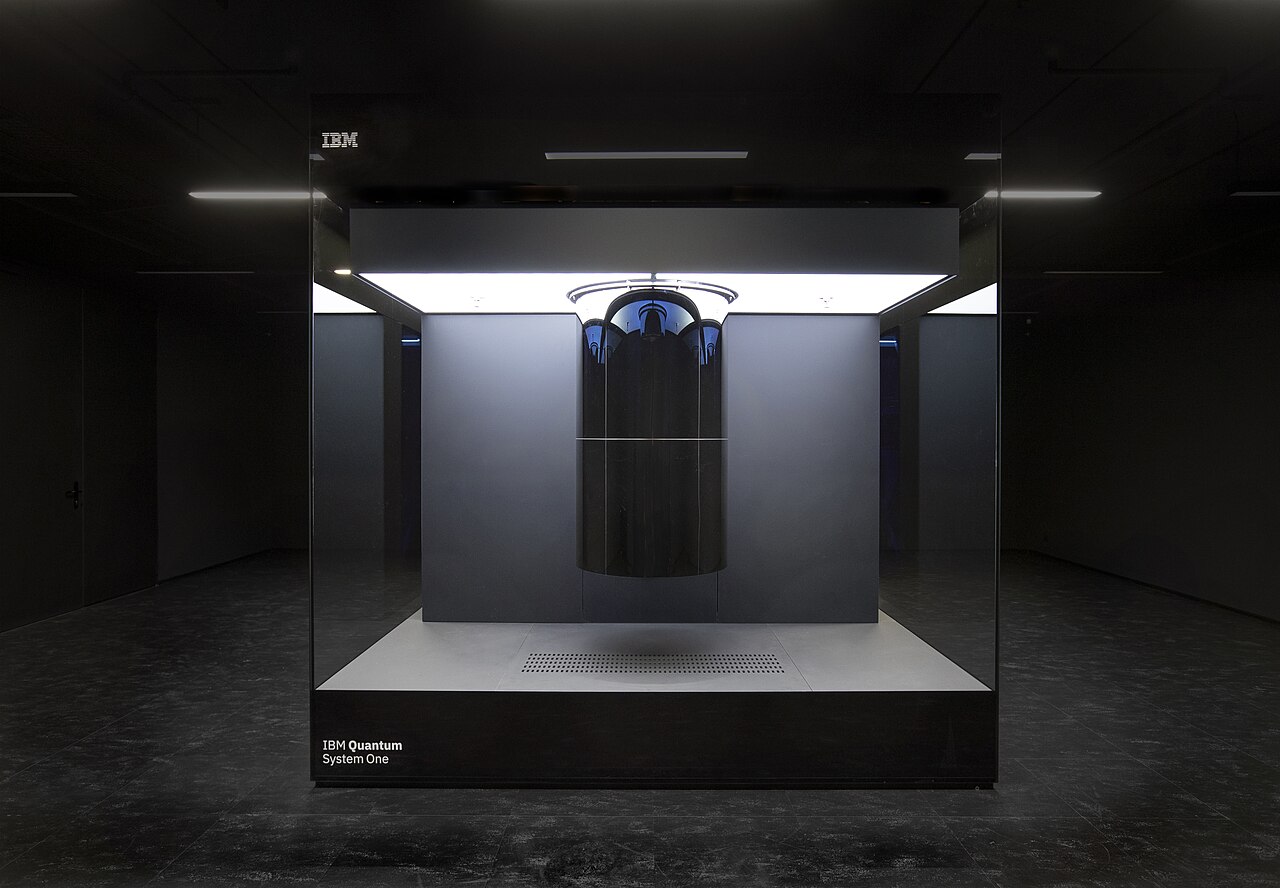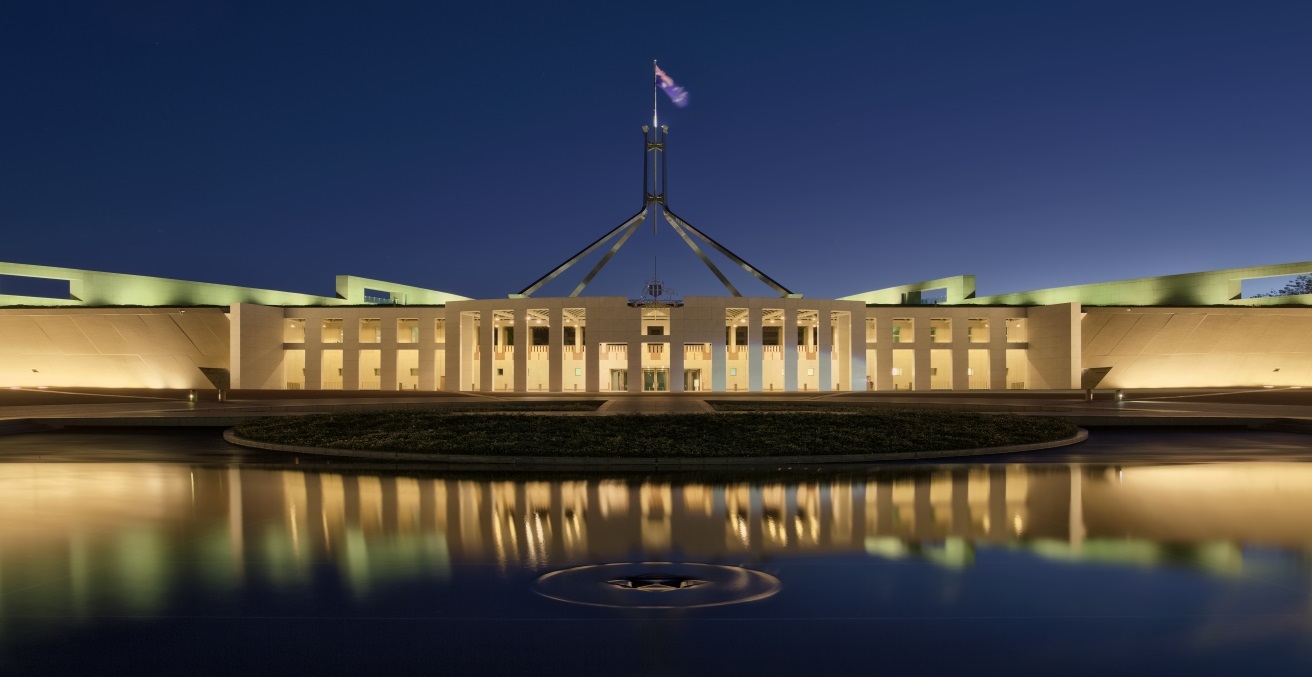President Marcos Jr.’s call for lifestyle checks has collided with citizen-driven online exposés, where luxury cars, designer bags, and “nepo baby” excesses are recast as evidence of systemic corruption. What began as digital outrage is spilling into the streets, but without institutional follow-through, these checks risk fuelling cynicism rather than accountability in a country long accustomed to dynastic extravagance.
On August 28, Philippine President Ferdinand Marcos Jr. ordered lifestyle checks for all public officials amid a growing scandal over ghost flood control projects, which involve cases where public money was allocated for missing or grossly incomplete projects. The move started with officials of the Department of Public Works and Highways (DPWH) handling the national infrastructure portfolio. The Bureau of Internal Revenue (BIR) quickly followed, announcing lifestyle checks on flood control contractors themselves.
These directives concurred with the Senate and House of Representatives’ investigation into the 9,855 flood control projects worth ₱545 billion between July 2022 and May 2025, which disclosed that as much as 20 per cent of the budget since mid-2022 had been allocated to just 15 contractors, many of which are linked to political families.
Citizen-driven lifestyle checks online.
Public attention has shifted significantly toward high-profile contractors involved in flood projects. A former mayoral candidate and her husband, owners of large construction firms, have come under fire after media features showcased their 28-40 luxury vehicles. These instances have also since given rise to a “nepo baby backlash” on social media, where influencers and daughters of various major contractors drew widespread flak for their luxury content.
The condemnations quickly led to online “lifestyle checks,” a practice where citizens scrutinise the conspicuous consumption of politicians, contractors, and their families. A new thread on popular messaging board site Reddit.com called r/lifestylecheckPH (31k members) and Facebook pages like DPWH Corruption Expose have been set up. Here, images of European vacations, luxury watches, and designer bags, among other displays of wealth, are recirculated with captions linking personalities to unfinished flood projects and incumbent politicians, further eliciting online discussion.
The flooding experienced this monsoon season sharpened the anger expressed on social media. In a country where state institutions are often distrusted, digital platforms frequently become an alternative arena for political participation. This is compounded by the fact that Filipinos are among the world’s most active social media users, coupled with a culture of online humour and satire, together making lifestyle checks easy to create and share.
Dive into the logic of scrutiny.
Sociologically, what lifestyle checks do is to re-politicise the elite’s everyday spectacle of extravagance. These imputations may not necessarily hold up in court as proof. Still, they are powerful because they resonate with a widely shared understanding of how political and elite capture in the Philippines works in practice.
Lifestyle checks also offer citizens a sense of immediate agency. In the short term, they expose elite privilege, make corruption visible, and give ordinary people a tool to hold power to account when institutions appear compromised. What would otherwise be a personal indulgence has transformed into political evidence, a way for citizens to demonstrate that elite privilege and public suffering are connected.
Lifestyle checks echo principles in Philippine law that emphasise modest living among public officials. Republic Act 6713, the Code of Conduct and Ethical Standards for Public Officials and Employees, explicitly requires public officials and their families to refrain from lavish lifestyles. Furthermore, Article 25 of the Philippines’ Civil Code discourages extravagance during times of public hardship, even among private citizens. Such legal rules banning the ostentatious display of wealth amid hardship are sharpened by the fact that climate-related suffering among Filipinos is directly linked to the flood control projects that enriched contractors and politicians.
But lifestyle checks have limitations. As of writing, these checks generally tend to focus on individuals, particularly the children or spouses of officials, which risks obscuring the structural systems that allow corruption to persist. And the longer lifestyle checks persist without institutional follow-through, the greater the risk they pose of producing unintended effects. For instance, if officials and contractors continue to thrive despite repeated exposure, empowerment can turn into cynicism, which may in turn reinforce the perception that corruption is permanent and unchangeable.
The legal framework introduced above compounds these limits. Although the Civil Code technically prohibits extravagance, only state institutions or charitable organisations can initiate cases. Ordinary citizens lack standing in the Code, which means that even when evidence circulates widely online, there is no straightforward path from outrage to prosecution.
Taking online sentiments offline
Lifestyle checks have sparked localised actions. On September 4, for example, flood-survivor groups and environmental activists threw mud and spray-painted words like “magnanakaw” (“thief”) on the gates of a construction headquarters in Pasig.
Meanwhile, two large-scale protest mobilisations are being organised on September 21. The date is symbolic, as it marks the 53rd anniversary of the Martial Law declaration by former dictator Ferdinand Marcos Sr. These protests denounce corruption in government flood control projects worth ₱1.9 trillion ($33.27 billion) over the past 15 years. Protesters are framing the issue as both a financial scandal and a betrayal of public trust, and the event will unfold at two symbolic locations: Luneta Park in Manila in the morning and the People Power Monument in Quezon City in the afternoon.
It is yet to be seen how these protests unfold, and several factors continue to make offline mobilisation difficult, showing that political opportunity structures may not have aligned yet. One can be the stubborn gaps in income and economic status within Philippine society. Initiating lifestyle checks is usually associated with middle-class citizens who dominate online spaces. Although there are calls for protests against flood control scams and the ostentatious lifestyles of contractors and politicians, heeding these calls remains a challenge for working-class communities living in flood-prone areas, where the opportunity costs of protest are high.
Decades of dynastic excess may also numb the shock factor, weakening the impact of each new revelation. When citizens have witnessed a normalisation of extravagance among political families—mansions, motorcades, foreign trips, and even a fabled collection of up to 3,000 pairs of shoes—luxury ceases to feel exceptional. It may be challenging to achieve the kind of surprise or rupture that drives sustained protest, where extravagance is viewed as another predictable feature of dynastic politics.
The very composition and previous actions of the government limit the spaces in which individuals can engage in direct action. Red-tagging, or the labelling of individuals as terrorists, is widespread, particularly against those who criticise the government. This practice often leads to harassment and fosters a climate of fear, ultimately encouraging self-censorship among citizens.
Institutions meant to channel grievances are also often intertwined with the same political dynasties under scrutiny, with many of the country’s top officials being themselves “nepo babies” and beneficiaries of entrenched patronage networks. For instance, former Senate President Francis “Chiz” Escudero found himself under fire following revelations that the 7thof the 15 flood control contractors named by former dictator’s son President Marcos Jr. had contributed ₱30 million to Escudero’s 2022 campaign. Even Senators Jinggoy Estrada and Joel Villanueva, who appeared most outraged over the flood control scandal and are themselves nepo babies in politics, were later implicated in having been aware of and benefited from the anomalous flood control projects.
Implications for democratic accountability
Civil society bridges the gap between citizen outrage and institutional accountability, as direct recourse to legal measures is often unavailable due to limitations in the law. Organisations already monitoring procurement and campaign finance can treat lifestyle checks as leads. Journalists can investigate and contextualise cases. Meanwhile, universities and NGOs can document and analyse patterns. State agencies, in turn, are legally mandated to act but often do not do so without pressure.
However, it is at this final step that the process mainly breaks down as of writing. How the flood control project saga unfolds will either expose or obscure the fragility of governance, especially when corruption proves more catastrophic than the climate disasters it claims to address.
Athena Charanne “Ash” Presto is a doctoral researcher at the School of Sociology, The Australian National University, supported by an Australian Government Research Training Program (AGRTP) scholarship. Her research lies at the intersections of political sociology, social policy, and gender.
This article is published under a Creative Commons License and may be republished with attribution.





